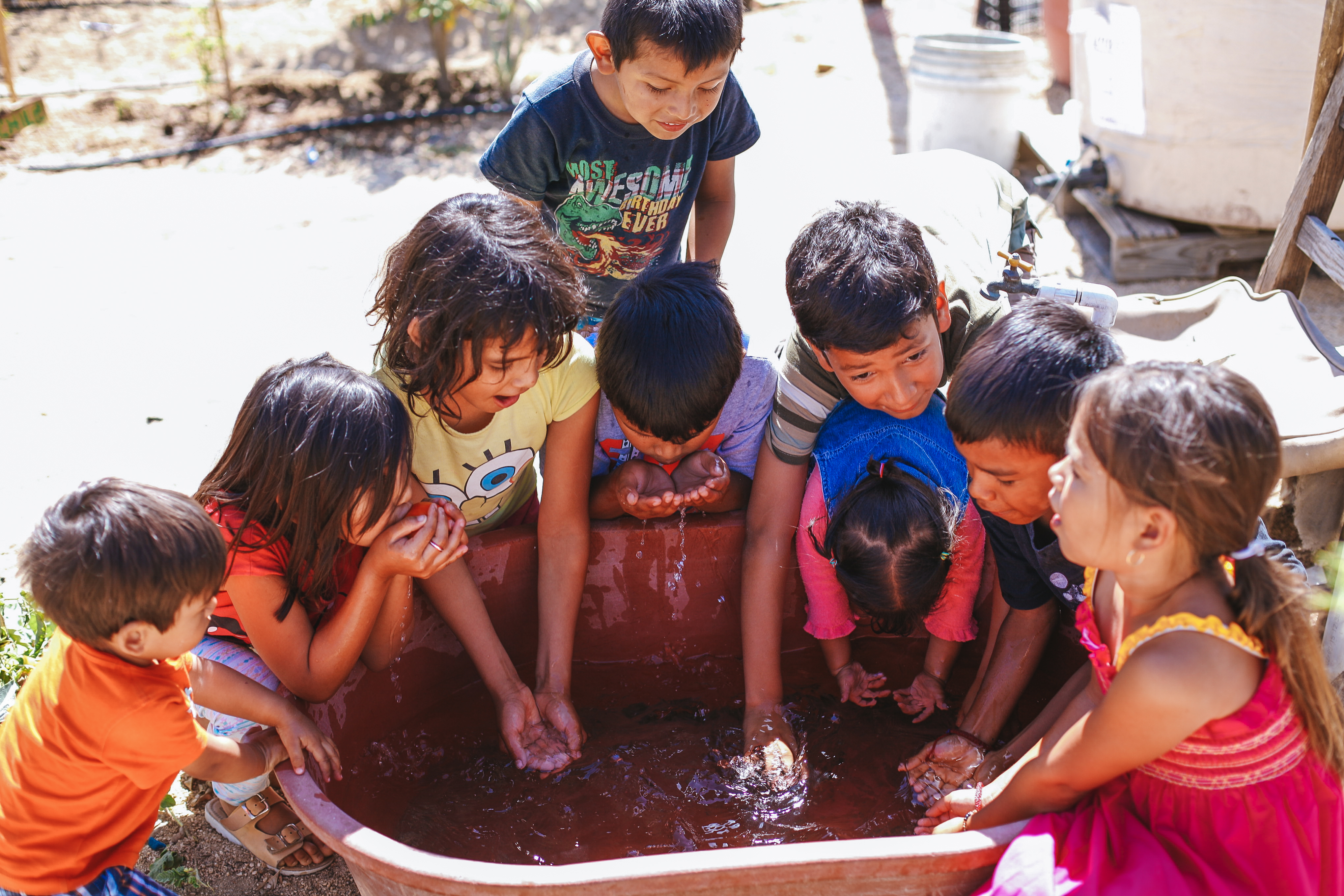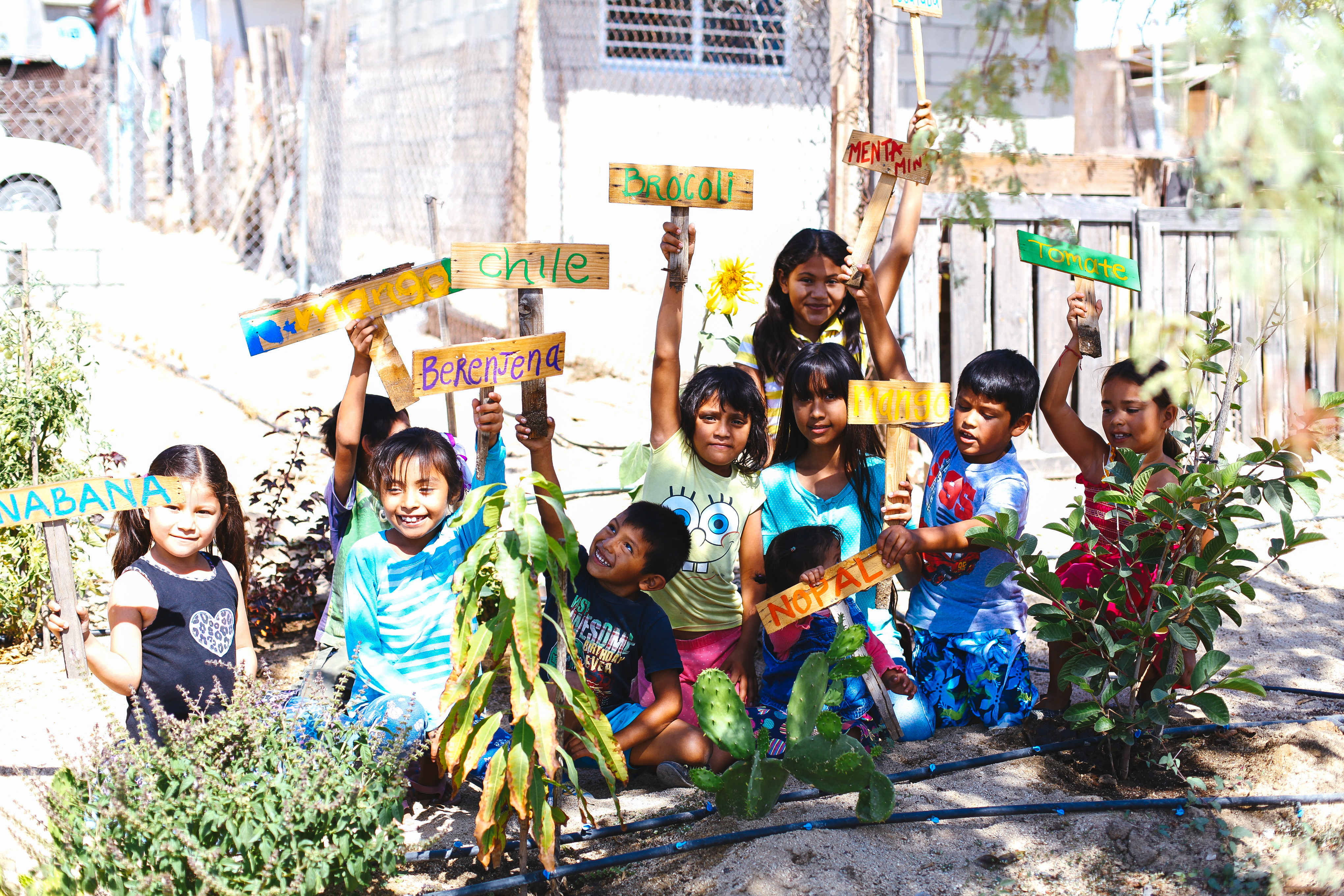

What is Food Insecurity? Causes, Impacts, and Solutions | ICF
Most of us know that cooking chicken breast and fresh broccoli for dinner is far healthier than adding hot water to a cup of instant soup. For most of us, healthy eating comes down to making the right choices. But what if you didn’t have a choice? What is food insecurity?
Sadly, many families lack access to a sufficient quantity of affordable, nutritious foods for an active and healthy lifestyle; in other words, they are food insecure. Being food insecure affects nearly every aspect of life, even beyond the immediate and obvious effects on physical health. It makes it difficult for children to concentrate in school, and for adults to maintain adequate job performance.
At ICF, we recognize that in order to help mitigate this crisis, it’s important to first understand food insecurity, what causes it, and how it affects individuals and families — because when we understand the nature of this problem, we can plan and support initiatives to solve it.
Food Insecurity in Mexico
Food insecurity impacts many nations, but is particularly prevalent in Mexico where more than 10% of the population lacks access to adequate food — in nine of the poorest Mexican states, that number jumps to between 25 and 35%.
While Mexico has made great strides in addressing chronic hunger, many families continue to have irregular access to the types of foods they need to meet their nutritional needs in order to lead a healthy life. Limited economic resources often mean these families are left consuming processed foods high in fat and sugar, leading to the growing linkage between food insecurity and obesity. In fact, seven out of 10 Mexicans are overweight, and more than ⅓ of the population is clinically obese.
What Are the Causes of Food Insecurity in Mexico
A large wealth disparity between the richest and poorest residents of Mexico is a core cause of food insecurity. Lack of education also predicts food security to a significant degree — research shows that when the head of a household has at least a high school education, a family is about 20% more likely to be food secure than when the adults in the home have no formal education at all.
It’s unsurprising that food insecurity is most common in the poorest regions of Mexico, specifically the southern states. While you may not expect to see food insecurity in rural regions where much of the country’s food is grown and produced, the causes of food insecurity are often separate from food availability. This means that, even in regions where food is available in stores or from farms, families are still food insecure because they cannot afford to purchase nutritious foods on a consistent basis or access food that is currently wasted.
The problem is not that Mexico isn’t producing enough food as a nation.In fact, the Secretary of Agriculture recently reported that the country produces 282 million tons of food per year. The problem is that many of its families lack access to adequate and nutritious food. Some people are undernourished as a result — yet many others turn to unhealthy foods instead, which are more affordable or available, to make up the majority of their diet.
In Mexico, a staggering 35% of all food produced goes unused or uneaten. According to a nation-wide study conducted by the World Bank in 2017, the estimated 20 million tons of food that is lost or wasted annually is valued at US$25 billion, representing roughly 2.5% of Mexico’s GDP. As this food is wasted, so is all the water, energy and time that went into producing and distributing it. This waste not only contributes to excessive greenhouse gas emissions along supply chains, but also to potent methane emissions from landfilled organic matter. This phenomenon occurs at the same time as 24 million people in Mexico face food insecurity, and 9 million are living in extreme poverty.
This situation is often worsened by weather events, as even previously wealthy families can become food insecure while recovering from a natural disaster.
Effects of Food Insecurity on Health
As stated above, 7 out of 10 Mexicans are overweight, and more than ⅓ of the population is clinically obese. These numbers show serious health concerns for a majority of the nation. As explained, while surprising to many, obesity can be connected to being food insecure, or lacking access to nutritionally adequate and safe foods.
The fact is, processed foods that are high in fat and sugar are often cheaper or more readily available to the poor than nutritious, fresh foods such as fruits, vegetables, and meats. If you cannot afford or cannot access chicken and broccoli to feed your family dinner tonight, you’re more likely to settle for pizza and soda from a local convenience store or fast food chain.
As the Director-General of the World Health Organization (WHO) explained in a 2016 keynote address to the National Academy of Medicine, “In just a few decades, the world has moved from a nutrition profile in which the prevalence of underweight was more than double that of obesity, to the current situation in which more people worldwide are obese than underweight.” The health of the Mexican people is at stake. Mexico is currently one of the most obese countries in the world, leading in both adult and childhood obesity rates. This is the gravity of the problem organizations like the Southern Baja Food Security Alliance (SBFSA) hope to solve, with the help of ICF and the generous donors who support their efforts.
So what can we do to support the Mexican families suffering from food insecurity?
Important Initiatives to Address Food Insecurity
Instead of simply making food more available, combating food insecurity requires addressing the causes and contributors to poverty in Mexico, such as public education and wealth inequality, with the intention to improve more low-income families’ access to nutritionally adequate, safe foods. Given the strong association with food insecurity and low education levels, the Food and Agricultural Organization of the United Nations has promoted school gardens as a way to instill early education about food and nutrition – as well as to provide fruits and vegetables to students and their families.
At the highest levels, government and diplomatic organizations have also committed to helping increase food security across Mexico. The G20 Summit held in Mexico in 2012 agreed on two clear resolutions concerning food security in the country. First, the government agreed to prioritize the research and technology needs of domestic food production entities. This includes farmers, who are involved through non-profit associations called Fundaciones Produce. Secondly, the government agreed to fund research related to biotechnology, water, and other industries related to keeping food available and affordable.
Mexico also has rural extension programs, most notably the Special Program for Food Security (abbreviated as PESA), which aims to develop family agriculture in marginalized communities. And, it doesn’t stop there.
How is the SBFSA Fighting Food Insecurity?
Since it was founded, the SBFSA has taken a number of critical actions against food insecurity in Baja and Southern Mexico. ICF has supported alliance members to install community gardens at feeding kitchens in at-risk communities, in order to increase access to healthy ingredients. The SBFSA also works in tandem with community stakeholders, to institute education programs that help community members learn how to garden from an early age.
By mentoring community volunteers in both the garden and kitchen settings, these programs teach locals how to grow and harvest fresh, healthy food and how to use that food to cook their own nutritious meals. Thanks to their hard work and the support of generous donors in 2017, 69 community garden plots were harvested, and 682 community members attended healthy cooking and nutrition classes.
Another key initiative of the alliance is to reduce food waste and rescue locally-grown crops that would otherwise be thrown out, often due to strict export standards. To accomplish this, ICF has worked with consultants and members of SBFSA to recruit volunteers and establish a program to collect and distribute fresh produce to the food insecure population in the region. This project has really taken off in 2018 thanks to a grant from Oregon Tilth’s Social Investment Project, coordination by Raíz de Fondo Jardines y Educación A.C., in-kind donations from local producers, the generosity of local volunteers, and a critical partnership with DIF BCS, a public social welfare institution. The plan is to expand this work in future growing seasons from a pilot in La Paz to serve those in need throughout BCS, including Los Cabos.
How You Can Help Fight Food Insecurity
Through ICF, you can offer your support to the Southern Baja Food Security Alliance (SBFSA), an initiative aimed at creating a network of local stakeholders in Mexico to educate and offer healthy food programs to residents of rural communities. Catalyzing integrated, collaborative action toward preventing food waste and loss throughout the supply chain, and recovering and redistributing food to the families who need it most, is fundamental to ICF’s vision of a healthier, more resilient regional food system.
This initiative was spurred by a 2013 community survey, which showed that approximately 50% of families in La Paz and Los Cabos lacked financial access to fresh food. With the help of governmental and nonprofit partners, ICF was able to implement a demonstration garden and a nutrition education program at two local food kitchens in La Paz and Cabo San Lucas. Our work continues today as we strive to expand this initiative to build more community gardens, and implement food rescue programs that will help Mexican families access fresh fruits, vegetables, and more.
No matter where you live, you can help the SBFSA to combat food insecurity through financial donations, which support programs to build more community gardens, fund more cooking and nutrition classes, and expand the food rescue program. Your contribution will go a long way toward creating sustainable, practical solutions in at-risk communities and ensure long-term change. Join ICF as we support the valuable work of the Southern Baja Food Security Alliance.
Join Our Mailing List
Stay Connected with ICF
Be the first to get exclusive updates on
what ICF is doing to make a difference!

